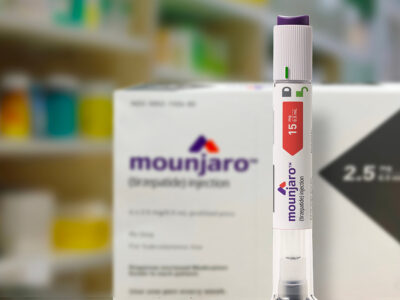The US Food and Drug Administration (FDA) has accepted for review GSK’s Biologics License Application (BLA) for Rotarix, an oral candidate vaccine for infants to prevent rotavirus gastroenteritis. Severe, dehydrating gastroenteritis occurs primarily among children aged three to 35 months.
Of children hospitalised with rotavirus, approximately 17% are younger than six months old. If approved, the GSK candidate vaccine could offer completion of the rotavirus vaccination series by four months of age. The rotavirus candidate vaccine is a live-attenuated vaccine derived from the most common human rotavirus strain. Published data show that immunity resulting from natural human rotavirus infection provides significant protection against moderate to severe disease, regardless of rotavirus strain.
The BLA for the GSK rotavirus candidate vaccine is based on data from nearly 75,000 infants. Clinical trials were conducted in the Americas, Europe, Asia and Africa and reflect an ethnically diverse population.
“This vaccine, which is designed to protect in a manner similar to natural human infection, could make a considerable contribution in protecting very young infants from rotavirus disease, a significant burden on families and the healthcare system in the US,” said Barbara Howe, MD, vice president, North American vaccine development, GlaxoSmithKline. “We also believe it is important to immunise infants against rotavirus as early as possible.”
The Centers for Disease Control and Prevention’s (CDC) Advisory Committee on Immunisation Practices (ACIP), the American Academy of Pediatrics (AAP), and the American Academy of Family Physicians (AAFP) recommend that infants receive routine vaccination against rotavirus to prevent rotavirus gastroenteritis. The vaccine is currently licensed by the FDA at two, four, and six months of age.
The GSK rotavirus candidate vaccine is a live-attenuated oral rotavirus vaccine licensed in 99 countries around the world. The vaccine is designed to prevent rotavirus gastroenteritis by mimicking natural rotavirus infection. Studies have shown that natural rotavirus infection provides significant protection from moderate to severe disease, regardless of rotavirus strain. In the file under review by the FDA, it is proposed that the vaccine would be given in two oral doses beginning at six weeks of age and completed by 24 weeks of age, with a minimum four-week interval between the doses. If approved, the vaccine would typically be administered at the two and four month immunisation visits.







